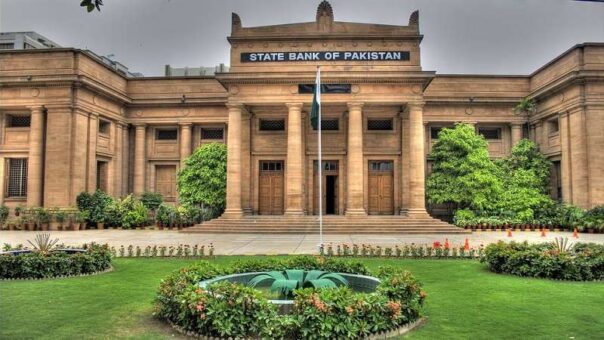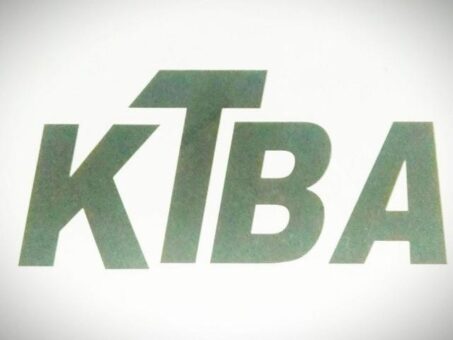Islamabad, July 4, 2023: The Federal Board of Revenue (FBR) has mandated a 15 percent sales tax on IT services and IT-enabled services within the jurisdiction of Islamabad, the capital city of Pakistan. This decision, effective from July 1, 2023, aims to enhance tax revenue collection in the IT sector.
(more…)Tag: FBR
FBR, Pakistan’s national tax collecting agency, plays a crucial role in the country’s economy. Pakistan Revenue is committed to providing readers with the latest updates and developments regarding FBR activities.
-

FBR Enforces 15% Sales Tax on Services Provided by Hotels in Islamabad
Islamabad, July 4, 2023: The Federal Board of Revenue (FBR) has recently implemented a 15 percent sales tax on various services offered by hotels, clubs, and other establishments in Islamabad. This decision aims to enhance revenue collection and streamline taxation procedures within the hospitality sector.
(more…) -

FBR Takes Action: Principal Appraiser of Karachi Customs Suspended
Karachi, July 3, 2023: The Federal Board of Revenue (FBR) has taken disciplinary action against a principal appraiser of Karachi Customs.
(more…) -

Pakistan Implements Additional Tax on Unexpected Income
Islamabad, June 29, 2023: Starting from July 1, 2023, Pakistan has introduced an additional tax on unexpected income, profit, and gains. The Federal Board of Revenue (FBR) has been granted the authority to collect this tax.
(more…) -

Threshold of Cash Salary Payment Increased to Rs32,000
Karachi, June 28, 2023: The Finance Act, 2023 has introduced a significant amendment to increase the threshold of cash salary payment to Rs32,000.
(more…) -

National Assembly Approves Budget 2023-24 with New Recommendations of Heavy Taxes
Islamabad, June 25, 2023: The National Assembly of Pakistan has given its approval to the budget for 2023-24, incorporating new recommendations for imposing significant taxes.
(more…) -

FBR Given 31% Higher Tax Collection Target for FY24
ISLAMABAD: The Federal Board of Revenue (FBR) has been tasked with a 31 percent higher tax collection target for the fiscal year 2023-24, surpassing the target set for the outgoing fiscal year.
(more…) -

FBR Offices to Observe Normal Working Hours During Eid Holidays
Islamabad, June 24, 2023: The Federal Board of Revenue (FBR) in Pakistan has announced that the field offices of Inland Revenue will maintain normal working hours during the upcoming Eid holidays.
(more…) -

SBP Issues Special Instructions to Banks for Duty and Tax Collection
Karachi, June 24, 2023: The State Bank of Pakistan (SBP) has issued special instructions to banks in order to facilitate taxpayers during the upcoming holidays and ensure the smooth collection of duty and taxes.
(more…)

